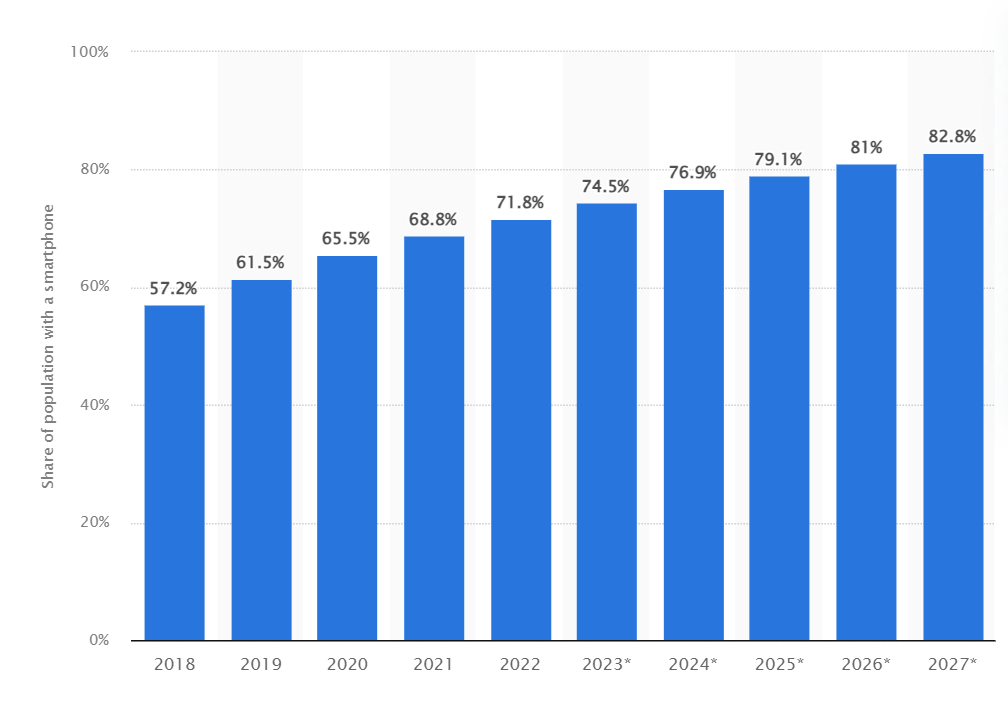China Hopes Hard Wallets Will Spur Digital Yuan Adoption – CBDC Focuses on ‘Elderly & Children’

A Chinese city says it is rolling out offline digital yuan “hard wallets,” with the nation targeting CBDC uptake among “elderly citizens and children.”
Per Changsha Evening News, the city of Changsha, Hunan Province, has announced it will debut “elderly and children-friendly” digital yuan hard wallets.
The CBDC’s adoption drive could be hampered by the preponderance of non-smartphone-owning individuals, banks have explained.

Smartphone ownership is high in urban areas, but much lower in rural China.
But Chinese cities and state-run commercial banks have attempted to get around this by developing and distributing “hard” offline wallets.
The city authorities explained that Integrated Circuit (IC) cards, some 2G phones, wearable devices, and Internet of Things (IoT) devices could also be used as hard wallets.
Wallets of this sort can update balances automatically when users come into contact with internet-enabled devices.
Changsha and state-run banks are trying to spark adoption in nearby villages that fall under the city’s governance.
The city has rolled out a hard wallet for residents of the village of Guangming.
This wallet is “anonymous at the time of issuance,” the city explained.
But it is “password-enabled,” the city added.
And the wallet has a “unique hard wallet number and stores digital yuan certificates” on a password-protected “security chip.”
An official from the Hunan Province Branch of the China Construction Bank said these hard wallets let their users make payments of up to $700.
But they were reportedly chiefly designed to allow “villagers” to make password-free “micropayments.”
The “password-free limit for a single transaction is [around $70],” the official explained.
Inclusivity Focus? China’s Digital Yuan Adoption Plans
A 60-year-old villager from Guangming surnamed Huang said:
“I don’t […] use a smartphone, and I haven’t had any experience with making electronic payments.”
But Huang reportedly “successfully applied for a digital yuan hard wallet” at an event held in the village.
After this, he was able to use the wallet to pay for goods at a local store, which was offering discounts for customers paying with the digital yuan.
The media outlet quoted Huang as stating:
“It’s so convenient!”
The city pledged that as the pilot progresses, “innovative application scenarios will become more abundant” in Changsha and the surrounding region.
Last week, Chinese charities said they had begun to accept digital yuan donations from businesses and individuals.
The welfare administrator of Jiangsu Province said it had opened an “online corporate and personal digital yuan donations platform.”
The CBDC was also reported to have broken new ground in the corporate loans sector, with IT firms receiving bank loans via digital yuan wallet transfer.



